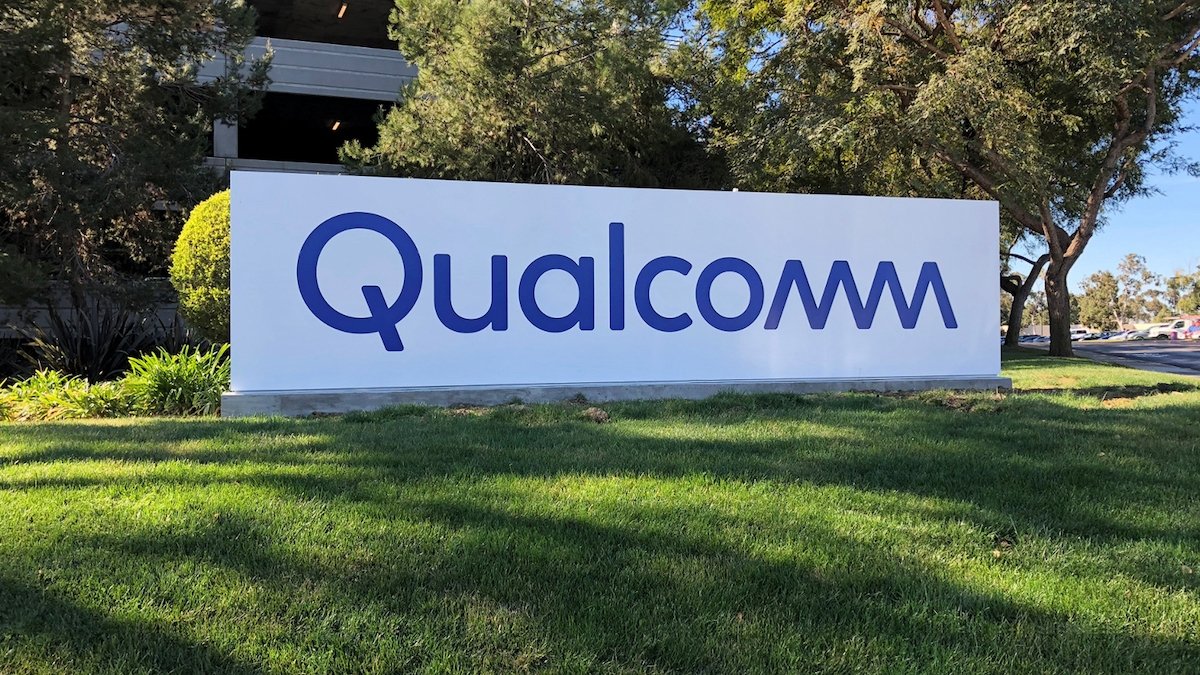Qualcomm is reportedly struggling to meet demand for processor silicon used in Android devices as a global chip shortage spreads across the electronics industry.
Demand for Qualcomm chips have soared in 2021 as Android makers close in on market share left by Huawei in the wake of U.S. sanctions. However, Qualcomm is finding it hard to meet the demand, partly because of a shortage of subcomponents used in its application processors.
Because of that, Samsung is currently experiencing a shortage of Snapdragon chips, according to Reuters. That could impact production of mid- and low-end Samsung models, though another source said there was also supply concerns surrounding Qualcomm's new Snapdragon 888 processor.
A senior executive at a top contract manufacturer for several major smartphone brands told Reuters it is also facing shortages of critical components from Qualcomm, and could cut handset shipments in 2021.
The global processor shortage has been ongoing for several months. It first hit the automotive industry and has now spread to the consumer electronics market. In February, Xiaomi vice president Lu Weibing said that the situation is "not a shortage, it's an extreme shortage."
Back in February, President Joe Biden took steps to boost the U.S. manufacturing of silicon to strengthen the international supply chain and mitigate the global shortages.
For the most part, the supply situation is only affected Qualcomm's older processor technologies because it's currently directing resources toward newer silicon options. The shortage is also driving up the price of specific chip components.
At this point, Qualcomm's supply troubles will likely have little effect on Apple. Although the Cupertino tech giant uses Qualcomm modems in its iPhone lineup, it designs and develops its own A-series chips that are produced by third-party contract manufacturer TSMC.
Stay on top of the latest Apple news right from your HomePod. Say, "Hey, Siri, play AppleInsider," and you'll get latest AppleInsider Podcast. Or ask your HomePod mini for "AppleInsider Daily" instead and you'll hear a quick update direct from our news team. And, if you're interested in Apple-centric home automation, say "Hey, Siri, play HomeKit Insider," and you'll be listening to our newest specialized podcast in moments.
 Mike Peterson
Mike Peterson







-m.jpg)






 Marko Zivkovic
Marko Zivkovic
 Christine McKee
Christine McKee
 Andrew Orr
Andrew Orr
 Andrew O'Hara
Andrew O'Hara
 William Gallagher
William Gallagher

 Mike Wuerthele
Mike Wuerthele
 Bon Adamson
Bon Adamson




-m.jpg)



56 Comments
Well thought out article by Ben Bajarin:
https://techpinions.com/chip-shortages-and-foundry-monopolies/60497
"This was always something Broadcom did well. I recall many conversations with their executives who were proud of the fact their chip design libraries were portable, and they could make them at whatever foundry they saw fit. Qualcomm is similarly executing a dual-source foundry strategy as they have versions of the same chipsets made at both TSMC and Samsung.
Companies that dual-source will be extremely well-positioned to weather a number of different storms that could come their way. From the geopolitical that I have outlined before, national economic issues, global catastrophes, etc. While this isn’t discussed as much publicly for obvious reasons, it is top of mind for many executives in the supply chain and those whose companies make products via semiconductor foundries."
I remember when Apple used TSMC and Samsung for production of the same A9 SOC. The response from the tech community was to compare and contrast the versions. I can see why Apple will never do that again.
https://arstechnica.com/gadgets/2015/10/samsung-vs-tsmc-comparing-the-battery-life-of-two-apple-a9s/
"And that's just what some iPhone 6S and 6S Plus buyers have run into. Using an app that has since been pulled from the App Store, some users were able to determine which chip individual iPhones were using and found that the phones with Samsung chips had significantly lower battery life than the phones with TSMC chips in certain tests. The findings got enough attention that Apple offered a rare comment on the situation
I suspect Apple is affected by the industry wide shortage in the sense that Apple probably cannot get more supply from TSMC than what they had previously reserved. The result might be that Apple delays new ASi Macs so that they can make more A14s rather than M chips.